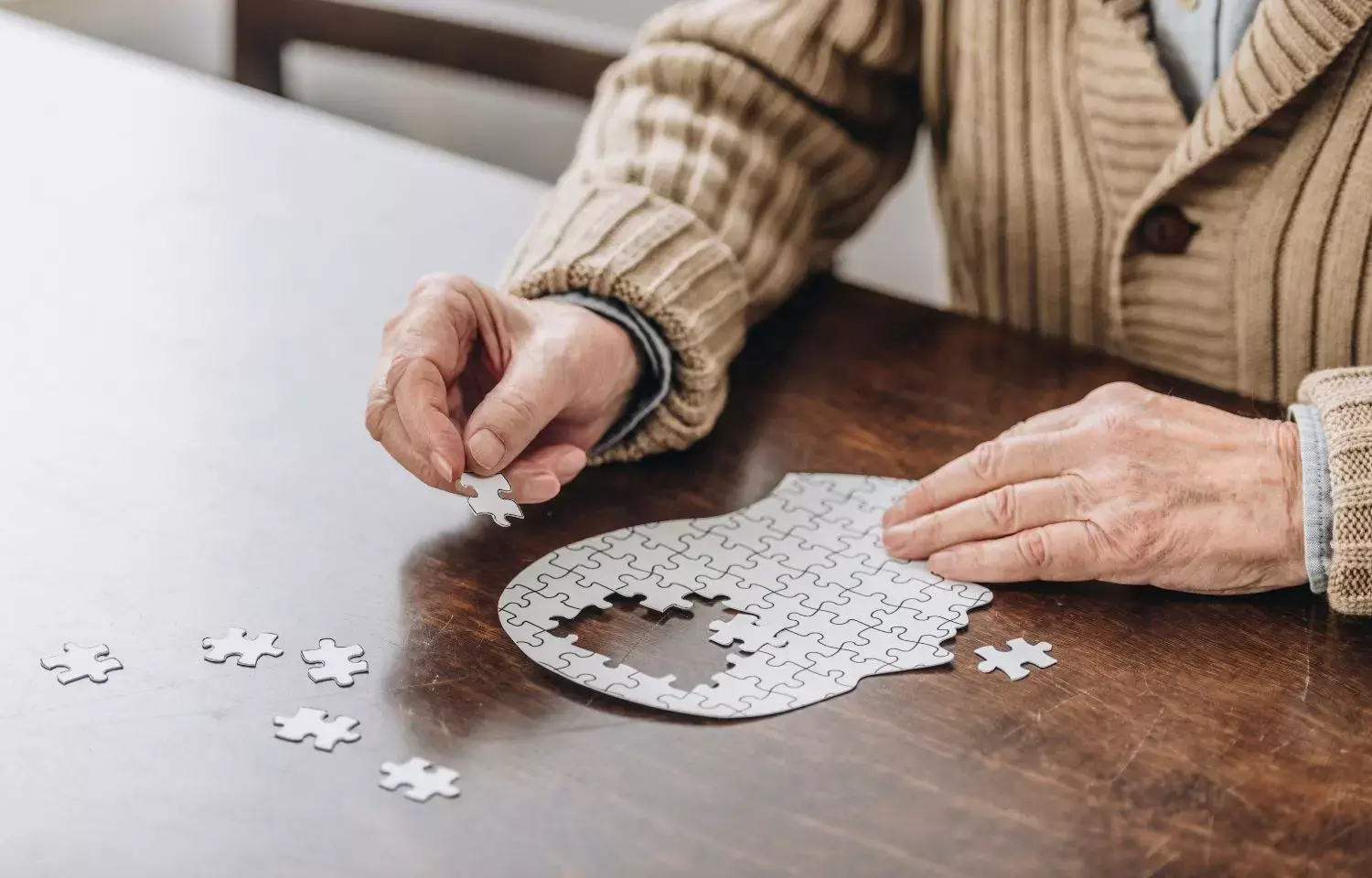- Home
- Medical news & Guidelines
- Anesthesiology
- Cardiology and CTVS
- Critical Care
- Dentistry
- Dermatology
- Diabetes and Endocrinology
- ENT
- Gastroenterology
- Medicine
- Nephrology
- Neurology
- Obstretics-Gynaecology
- Oncology
- Ophthalmology
- Orthopaedics
- Pediatrics-Neonatology
- Psychiatry
- Pulmonology
- Radiology
- Surgery
- Urology
- Laboratory Medicine
- Diet
- Nursing
- Paramedical
- Physiotherapy
- Health news
- Fact Check
- Bone Health Fact Check
- Brain Health Fact Check
- Cancer Related Fact Check
- Child Care Fact Check
- Dental and oral health fact check
- Diabetes and metabolic health fact check
- Diet and Nutrition Fact Check
- Eye and ENT Care Fact Check
- Fitness fact check
- Gut health fact check
- Heart health fact check
- Kidney health fact check
- Medical education fact check
- Men's health fact check
- Respiratory fact check
- Skin and hair care fact check
- Vaccine and Immunization fact check
- Women's health fact check
- AYUSH
- State News
- Andaman and Nicobar Islands
- Andhra Pradesh
- Arunachal Pradesh
- Assam
- Bihar
- Chandigarh
- Chattisgarh
- Dadra and Nagar Haveli
- Daman and Diu
- Delhi
- Goa
- Gujarat
- Haryana
- Himachal Pradesh
- Jammu & Kashmir
- Jharkhand
- Karnataka
- Kerala
- Ladakh
- Lakshadweep
- Madhya Pradesh
- Maharashtra
- Manipur
- Meghalaya
- Mizoram
- Nagaland
- Odisha
- Puducherry
- Punjab
- Rajasthan
- Sikkim
- Tamil Nadu
- Telangana
- Tripura
- Uttar Pradesh
- Uttrakhand
- West Bengal
- Medical Education
- Industry
Regular laxatives use tied to increased risk of dementia: Study

China: Regular use of laxatives is linked with a 50% higher risk of developing dementia, particularly in those who used osmotic laxatives or multiple laxative types, says a study published in Neurology, the medical journal of the American Academy of Neurology. The study does not prove that laxatives cause dementia. It only shows an association.
Laxatives are a common treatment for constipation. Osmotic laxatives are a type of laxative that attracts water to the colon to soften stool, which has an even greater risk. Other types of laxatives are bulk-forming, stool-softening, and stimulating.
“Constipation and laxative use is common among middle-aged and older adults,” said study author Feng Sha, PhD, of the Shenzhen Institute of Advanced Technology at the Chinese Academy of Sciences in Guangdong, China. “However, regular laxative use may change the gut microbiome, possibly affecting nerve signalling from the gut to the brain or increasing the production of intestinal toxins that may affect the brain. Our research found regular use of over-the-counter laxatives was associated with a higher risk of dementia, particularly in people who used multiple laxative types or osmotic laxatives.”
Sha noted that osmotic and stimulant laxatives are not recommended for regular use, yet some people use them regularly.
The study involved 502,229 people in the UK biobank database with an average age of 57 who did not have dementia at the start of the study. Of this group, 18,235 people, or 3.6%, reported regularly using over-the-counter laxatives. Regular use was defined as using a laxative most days of the week during the month before the study.
Over an average of 10 years, 218 of those who regularly used laxatives, or 1.3%, developed dementia. Of those who did not regularly use laxatives, 1,969 people, or 0.4%, developed dementia.
After adjusting for factors such as age, sex, education, other illnesses and medication use, and a family history of dementia, researchers found people who regularly used laxatives had a 51% increased risk of overall dementia compared to people who did not regularly use laxatives.
The risk of dementia also increased with the number of laxative types used. For people using one type of laxative, there was a 28% increased risk, compared to a 90% increased risk for people taking two or more types of laxatives.
However, among people using only one type, only those taking osmotic laxatives had a heightened risk, with a 64% increase compared to those who did not.
“Finding ways to reduce a person’s risk of dementia by identifying risk factors that can be modified is crucial,” said Sha. “More research is needed to investigate further the link our research found between laxatives and dementia. If our findings are confirmed, medical professionals could encourage people to treat constipation by making lifestyle changes such as drinking more water, increasing dietary fibre and adding more activity into their daily lives.”
Reference:
Zhirong Yang, Chang Wei, Xiaojuan Li, Jinqiu Yuan, Xuefeng Gao, Bingyu Li, Ziyi Zhao, Sengwee Toh, Xin Yu, Carol Brayne, Zuyao Yang, Feng Sha, Jinling Tang First published February 22, 2023, DOI: https://doi.org/10.1212/WNL.0000000000207081
Dr Kamal Kant Kohli-MBBS, DTCD- a chest specialist with more than 30 years of practice and a flair for writing clinical articles, Dr Kamal Kant Kohli joined Medical Dialogues as a Chief Editor of Medical News. Besides writing articles, as an editor, he proofreads and verifies all the medical content published on Medical Dialogues including those coming from journals, studies,medical conferences,guidelines etc. Email: drkohli@medicaldialogues.in. Contact no. 011-43720751


